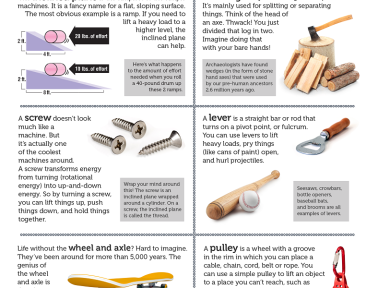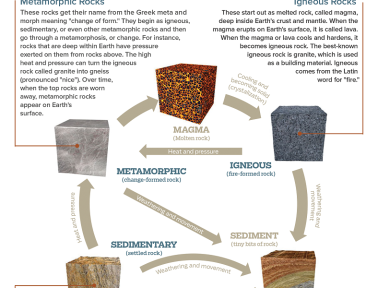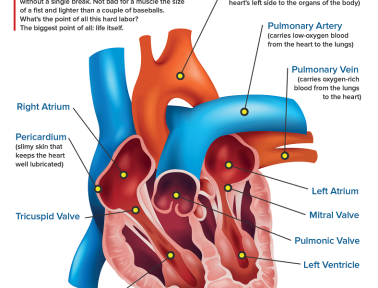Image supplied by Bies
“A bandaid feel me much better.”We cherish the eccentric phrases our kids devise as they learn the job of deciphering the furtive rules we utilize as we communicate. Our kids’s defective machines are not only capitivating, but offer us some insight into their development as they understand our mysterious code.
The development of language and also literacy skills are crucial to success not just academically, yet in life. Radiance of thought or inflammation of feelings can conveniently go undetected without the ability to appropriately as well as efficiently communicate. In the words of psycho therapist Lev Vygotsky, “A word devoid of thought is a dead thing, and an assumed unembodied in words stays a shadow.” Additionally, language works as the network for many learning, as it entails the ability to obtain details whether it be instructional, social, or otherwise.
Language and also literacy extend a HUGE checklist of skills and classifications, as well as stand for a quickly progressing facet of a kid’s development. Children are almost regularly bordered by language whether in print, in song, in discussion (with grownups or various other child-decipherers), and even within their own minds. It is vital to their growth in addition to their daily life.
Language consists of responsive language (listening and also understanding), and also expressive language (effectively connecting suggestions). Both rounds require the ongoing mastery of vocabulary, something we remain to sharpen throughout adulthood (though, sadly, at a lot more slow-moving speed than our younger selves), along with grammar and semantics. Language growth additionally consists of the improvement of dental and acoustic skills, commonly an issue of muscle and also air control, discernment of noises, or discovered energetic paying attention skills, which frequently include experience integrated with physical growth as well as development.
Literacy growth integrates a large list of tasks and skills consisted of in the very early youth experience. In straightforward terms it reads and also composing, but these skills are end goals, not the jumping off point.At the preschool level, children must develop the structures needed to later become independent readers and authors. They need to have the ability to recognize audios prior to they can adjust them, manipulate them before they can anticipate them, and anticipate them before they can review them. Then, to varying degrees ideal to their own developmental degrees, they end up being viewers as well as authors themselves.
While many programs examine the box next to Literacy by handing out alphabet tinting sheets, letter acknowledgment is but one part of early literacy advancement. Together with letter acknowledgment, among the strongest forecasters at the preschool level of literacy success in later years is phonological awareness ( the ability to listen to and control sounds in words-think Dr. Seuss). This entails the ability to listen to as well as produce things like rhymes as well as alliterations– essential elements in fingerplays, baby room rhymes, as well as tunes. These sorts of tasks may be viewed as cute, or “soft”, yet they are important to establishing effective viewers! Literacy is likewise urged as children and adults check out and also write books with each other, discover ecological print (simply print in the youngster’s environment: cereal boxes, dining establishment indications, labels, DVD boxes, etc.), and engage in conversation.
Surrounding youngsters in a print-rich, language-rich environment and also revealing to them our enthusiasm for language and proficiency in word and in act goes a long means to building successful, life-long learners.
You may also be interested in the article, A Culture of Proficiency: Teaching Preschoolers the ABC’s as well as More.










